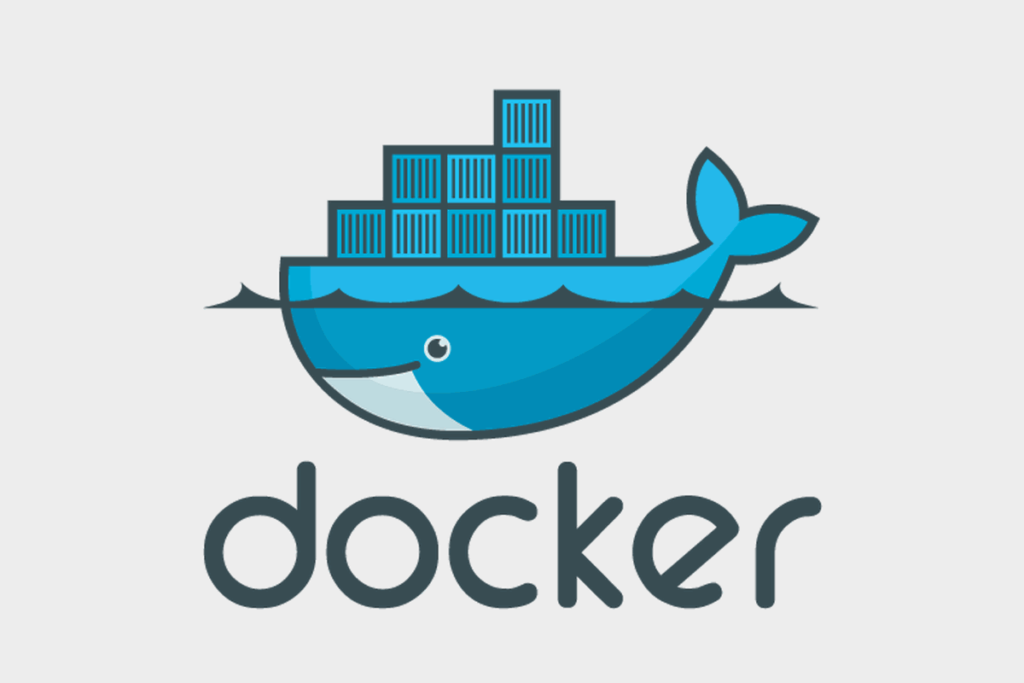What is Docker?
Docker is a tool which makes it easy to create containers and container “images.” It’s the first runtime that popularized the idea of containers and has been broadly adopted. As it evolves, it’s brought together a robust framework for creating, deploying, and managing containers. Here’s a deeper look into the different components of Docker.
The Components of Docker
The primary components of Docker (commonly called the Docker runtime) include the client,
engine (server), network, volume, and image tools. Most of the utilities are written in the Go programming language. The client is what users interact with directly. It communicates with the server via a REST API. The server manages the configuration of network, image, container, and volumes. Containers are used for a wide variety of use cases and purposes. Common examples include:
Running Console Commands and Tools
Docker runs console commands and tools, which are difficult to install natively. It also creates development environments that need a separate set of tools or dependencies than what is provided by the core Linux distribution.
Solves Operating System and Library Version Incompatibilities
An added benefit of Docker is that it solves operating system and library version incompatibilities. Using containers, it is possible to have multiple client libraries installed alongside one another without need to prepare custom packaging logic for each one. In the Open Source world, software may move quickly and what is considered the “stable” version of a program may not match the most recently released version.
Lifting and Shifting Applications Into the Cloud
It’s also known for “Lifting and shifting” existing applications into modern cloud architectures. It’s often possible to migrate existing applications into a container and then deploy that application in the cloud. Docker also implements microservice architectures, which allow for distributed applications to be isolated, deployed, and scaled using the individual container as a building block.
Offers DevOps Support
Docker also provides DevOps support for continuous integration and deployment (CI/CD). Container technology allows for a single “binary” to be created and moved deployment development, staging, and production. This streamlines the process of building, testing, and deployment.
Provides Easy Deployment of Jobs and Tasks
Finally, Docker provides easier deployment of processing jobs and tasks. Tools such as Apache Spark are able to use containers and orchestration platforms such as Kubernetes to perform processing tasks. This allows for Docker and Kubernetes to be utilized as the basis of ETL functions or large-scale batch jobs.
Start Your Transformation with DVO Consulting! Implement Docker Today
Contact us to learn more about how DVO Consulting can help you with your business processes and how Docker in an organization can help. Our team of engineers will discuss your unique needs and how we can help run your operations and consolidate workloads with Docker.
Founded and headquartered in Bountiful, UT to service the ever growing silicon slopes market and the west coast. We also have offices in Great Falls, VA which supports clients in Maryland, Virginia and Washington DC. Contact our team today at (801) 425-9845 or darcy@dvoconsult.com.

